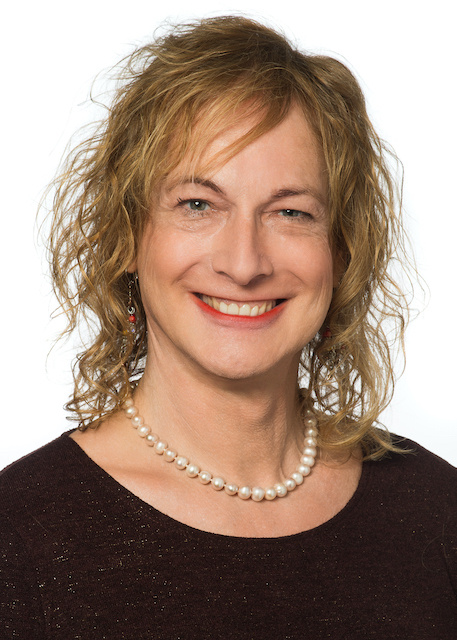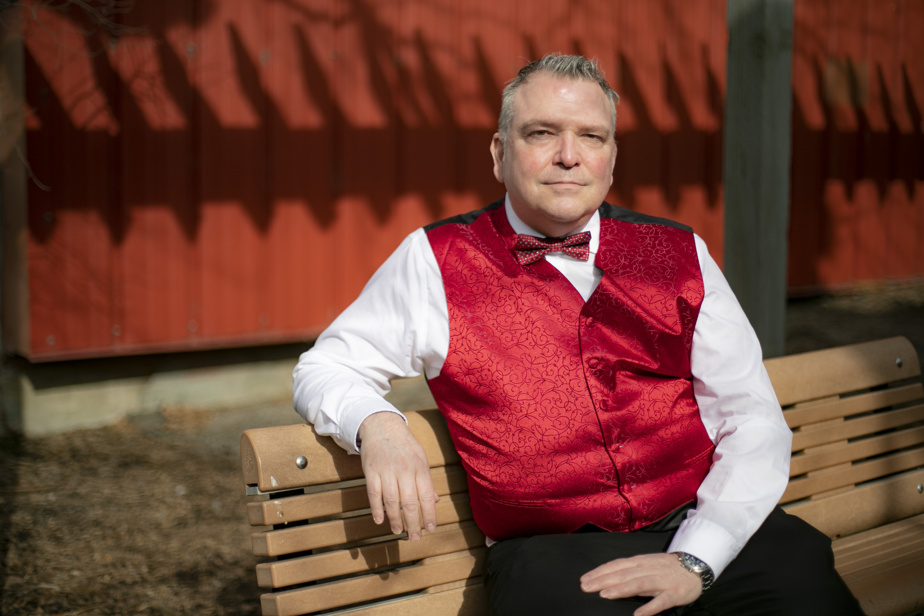LGBTQ+ people are more likely to experience harassment in the workplace, according to a recent Léger Marketing survey commissioned by Fondation Émergence. The organization that combats homophobia and transphobia is convinced that by educating employers and their employees about sexual and gender diversity, it is possible to reduce this problem.
Posted yesterday at 9:00 am.
The Léger Marketing study reports that about 35% of Quebecers have experienced at least one case of psychological or sexual harassment in the past five years. The statistic jumps to 65% among LGBT people. In particular, they were more likely to receive unsolicited introductions, to be the subject of offensive jokes or to suffer insults and harassment.
The head of Fondation Émergence, Patrick Desmares, was not surprised by this gap. For a third of LGBT people surveyed, the harassment they experienced at work was so distressing that they quit their jobs or considered doing so, he points out.
Patrick Desmaris thinks: “When we think that today we are short on employees, and that we are trying by all means to retain them, it seems to me that this should be a signal to employers.”
“LGBTQ + 101”
In the eyes of the head of Fondation Émergence, one way to prevent workplaces from becoming “toxic” for LGBT people is to provide training on sexual and gender diversity.
This is what the foundation has been doing for just over two years with its ProAllié programme. “Sort of a LGBTQ+ 101 cycle,” summarizes Patrick Desmarais.
“The idea is to make sure the basics are there. We interpret what a person is from sexual and gender diversity. We use statistics to show people that there are still problems for LGBTQ+ people.”
On Thursday, the organization also launched enhanced training focused on preventing harassment and integrating LGBTQ+ into the workplace, in partnership with Conseil du patronat du Québec and the Committee on Standards, Equality, and Occupational Health and Safety. Videos on this topic have also been posted on the Internet.
“You made all the difference to me”
Marie Isabel Gendron is convinced that this approach can have a huge beneficial impact on the lives of LGBT people.

Photo courtesy of Marie Isabel Gendron
“What we need is kindness. Moving is a big internal journey. We don’t need any more bumps from the outside,” says Mary Isabel Gendron, now retired from Pratt & Whitney.
In 2014, when she was in transition, she was able to count on the support of her employer, Pratt & Whitney, for whom she had worked for 40 years. “It made all the difference for me to see the support of my company.”
A letter has been prepared to inform all his colleagues, including those abroad. Then a video was later released.
The people in his circle were invited to a private meeting. “They did a variety of training. […] It was a presentation to educate my co-workers, who are mostly men,” explains Marie-Isabelle Gendron.
At the time of this meeting, a great weight fell from his shoulders. “It’s the big day when I come back to the office as all-female…in a dress,” she said sarcastically.
Her colleagues, who had already noticed that she was becoming more feminine, did they all react well to the ad? “There are colleagues who asked to work in another shift because they were not comfortable with it,” Marie-Isabelle Gendron says.
“People have distanced themselves,” she adds, saying that invitations to outing with colleagues were fewer.
“Derogatory comments, looks, we have a lot of them, just not at work,” the now-retired person notes.
However, she firmly believes that the actions taken by her employer have facilitated her transition. “Training helps broaden people’s perspectives and promotes acceptance,” says Marie-Isabelle Gendron.
“What we need is kindness. Moving is a great internal journey. We don’t need any more bumps from the outside,” she concluded.
read more
-
- 14%
- Percentage of Quebecers who have received information or training to include LGBT people in the workplace
Appearance Foundation
- 20%
- Percentage of Quebecers who feel unprepared to build an inclusive and secure workplace
Appearance Foundation

“Subtly charming problem solver. Extreme tv enthusiast. Web scholar. Evil beer expert. Music nerd. Food junkie.”


